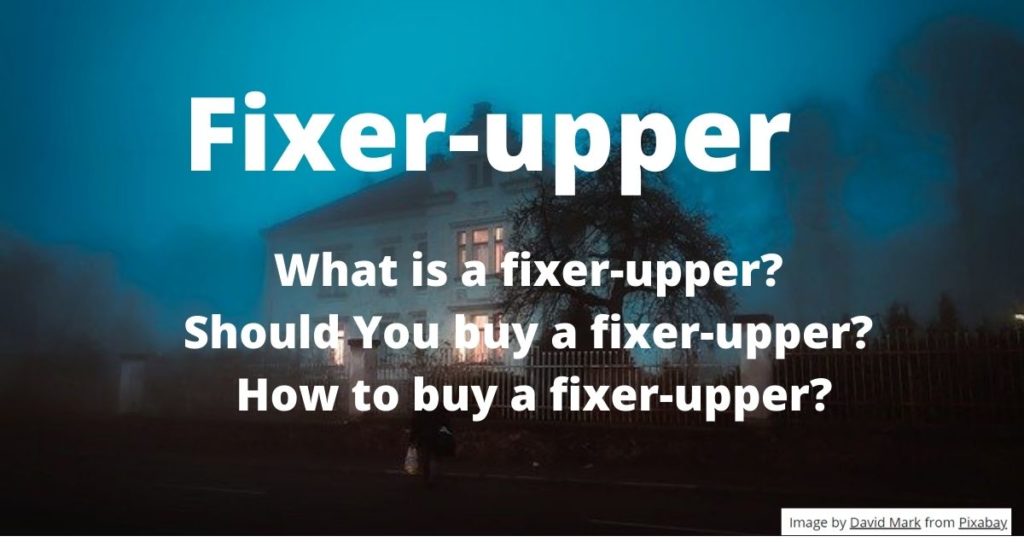What does a fixer-upper mean?
A fixer-upper is a home that can be lived in but needs some renovations, according to Redfin. These houses are usually sold at a discount since they require renovations to bring the house in good standing. The renovations projects necessary for fixer-uppers range from small projects such as flooring to complex ones like replacing the roof or reinforcing the foundation.
What should you do before buying a fixer upper?
Buying a house is a challenging task especially when the house is a fixer-upper. This is why many buyers avoid fixer-uppers. Fixer-upper houses are usually old, not updated, and sometimes abandoned which causes more damage to the house.
Fixer-uppers can sometimes be costly depending on the nature of renovations needed to fix the houses. For this reason, you must have an experienced contractor and inspector who can help you evaluate all needed renovations, how much they will cost you, and the renovation timeframe.
After these price estimations, you can then decide if the house is worth buying or not.
How to buy a fixer upper
When you are buying a normal house with no renovations, the process becomes easier. You just need to have a down payment, a real estate agent to help you, closing costs, and a mortgage approval letter. Unfortunately, this is not the case for fixer-uppers as you have to factor in the cost of renovations.
The following are steps you can use to buy a fixer-upper.
Step 1: Understand your budget and what you can afford with it
Having a budget is very important before you buy a house. The budget will tell you how much you can safely spend on the house and where you will be financially after buying the house. After having the budget, you will then look for houses that fit the budget.
Step 2: Decide how you will finance the house
Are you going to finance the house using cash or using a mortgage? If you have enough cash, the process will be much easier moving forward. However, if you don’t have enough cash, you must get a mortgage from a lender such as a bank, credit union, or other lending institutions.
You will also need a 20% down payment for a conventional mortgage. Your chances of getting approved for a mortgage will be much higher if you have a good credit score and a solid credit history.
>> MORE: What Is A Credit Score And How Does It Work?
Step 3: Use a real estate agent, a property inspector, and a contractor
Using a real estate agent is very important in all real estate deals. The agent will help you navigate the entire process with ease, take care of the paperwork, and more. After finding a property you feel comfortable buying, have a licensed or qualified house inspector check the property, and record all necessary updates. Your contractor will then tell you how much these renovations will cost, the material to be used, and how long the renovation will take.
Your job at this point is to check if the renovation expenses will fit in your budget.
Step 4: Finalize the sale
With the help of your real estate agent, you can then go through the closing process. Make sure that you have enough money to take care of closing costs and sales-related charges.
>>MORE: How To Buy A House Step By Step?
Step 5: Decide all your DIY projects and start the renovations
To reduce the renovation cost, consider doing some projects yourself. You can do simple projects such as flooring, painting, etc. Your contractor can take care of all complicated projects.
You can also assist your contractors to make sure that the job goes on very smooth and fast.









